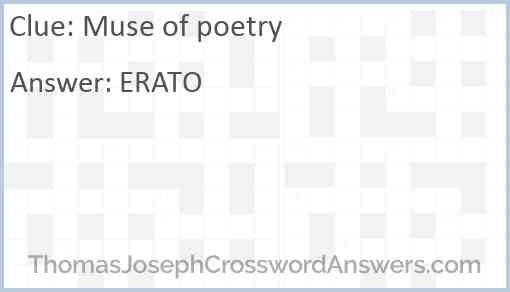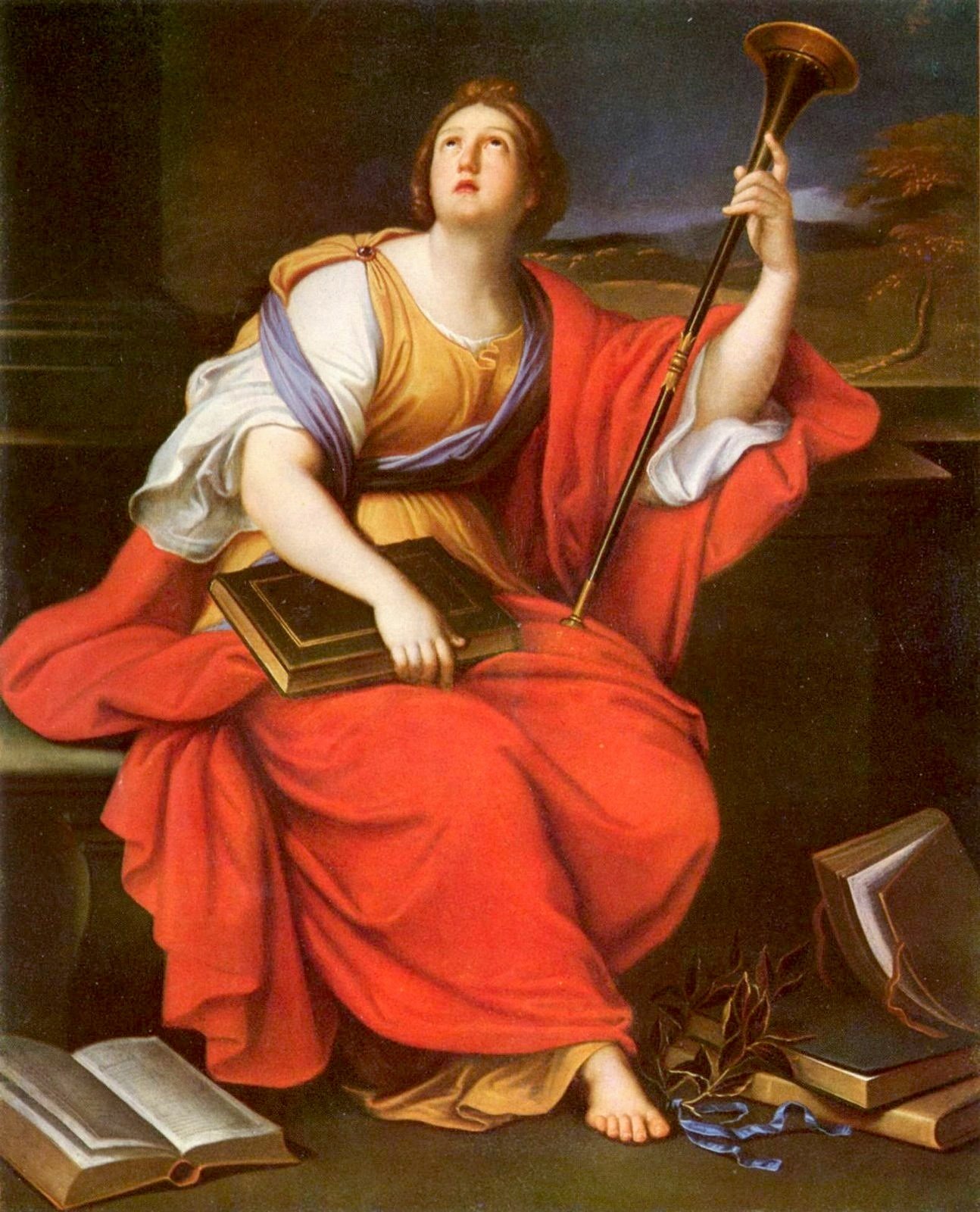

The imagery, reminiscent of the legend of Narcissus, reveals that the lover created in Agustini's poem, like the image Narcissus saw of himself, is more a golden reflection of the lover's desires than the portrait of any living being. Both fountain and cup reflect the vessel imagery of the earth-mother association, and reveal the muse's expected ability to provide a fountain of inspiration. In this poem, the muse plays assistant creator in calling the ideal lover from « el surtidor de oro». This impassioned exclamation pleases her so much in her apparent role as archetypal earth mother as outlined by Erich Neumann (44-49, 95-98) and Robert Graves (61-73) that she brings the poem to an end, repeating her command for the muse to seal the golden fountain: « ¡Selle, mi musa, el surtidor de oro / la taza rosa de tu boca en besos!». He pleads, « ¡déjame bajo el cielo de tu alma, / en la cálida tierra de tu cuerpo!». The lover then explains what he wishes from her, and because he is a creation of hers, a Galatea-like figure, he likely expresses desires that she shares. The lover's first act, in keeping with the menace suggested by his serpent-like veins, is to dig his nails into her ( arraigando las uñas extrahumanas / en mi carne), while his second act is to sob in her dreams ( solloza en mis ensueños). In this moment she is like Pygmalion, having sculpted an ideal lover. The moment of creation has passed, and she now turns to face her masterpiece. Having created an unusually dependent god, Agustini suddenly commands the muse to seal the fountain of gold: « Selle, mi musa, el surtidor de oro / la taza rosa de tu boca en besos». The life-providing veins which create his growth underline his total dependence on her and also suggest that this love may result in a draining of her strength. In a striking metaphor, the « culebras azules» of his veins derive their sustenance from her brain.

While he has creative abilities, it is she who has created him and who now nourishes him: « Las culebras azules de sus venas / se nutren de milagro en mi cerebro.». The vital essence for the « dios nuevo» comes from within, making her the creator of a creator. Que sangre y alma se me va en los sueños He is a mysterious, eternal being, sculpted « en prodigios de almas y de cuerpos», and the inspiration for him is almost certainly taken from Agustini's reading of Nietzsche: She commands her to vibrate the golden fountain: « Vibre, mi musa, el surtidor de oro / la taza rosa de tu boca en besos», because in doing so the ideal lover will spring forth.

This unusual reading of classical mythology (overlooked by earlier critics) has played an important role in her formation as a poet and may be demonstrated especially well in her characteristic use of the muse.Ī good example of such usage occurs in the first line of the puzzling poem, « El surtidor de oro» (48-49), from Los cálices vacíos (1913), when Agustini addresses as though she were her personal servant. Absorbing the myths she read as a child and developing them in later years into a kind of personal storehouse of fantasies, Agustini recreates them again in her poetry from a personal perspective as if they were tales about herself. In addition to embroidery, art and music, she read poetry, fables and myths (Álvarez 8-11). At the same time, paradoxically, much of the artistic and intellectual focus of her tutorial education was typical of that normally taught well-to-do young women at the turn of the century. With her treatment of these topics, she was one of the earliest Spanish American poets to deal with two of the twentieth century's major themes. The poetry of Delmira Agustini, a twentieth century Uruguayan poet (1886-1914), has been discussed frequently because of some of the unusually polemical themes she espoused, including feminine eroticism (Lima, Sergio Visca) as well as the concept of a Nietzschean super race (Rosenbaum, Gómez Gil).


 0 kommentar(er)
0 kommentar(er)
